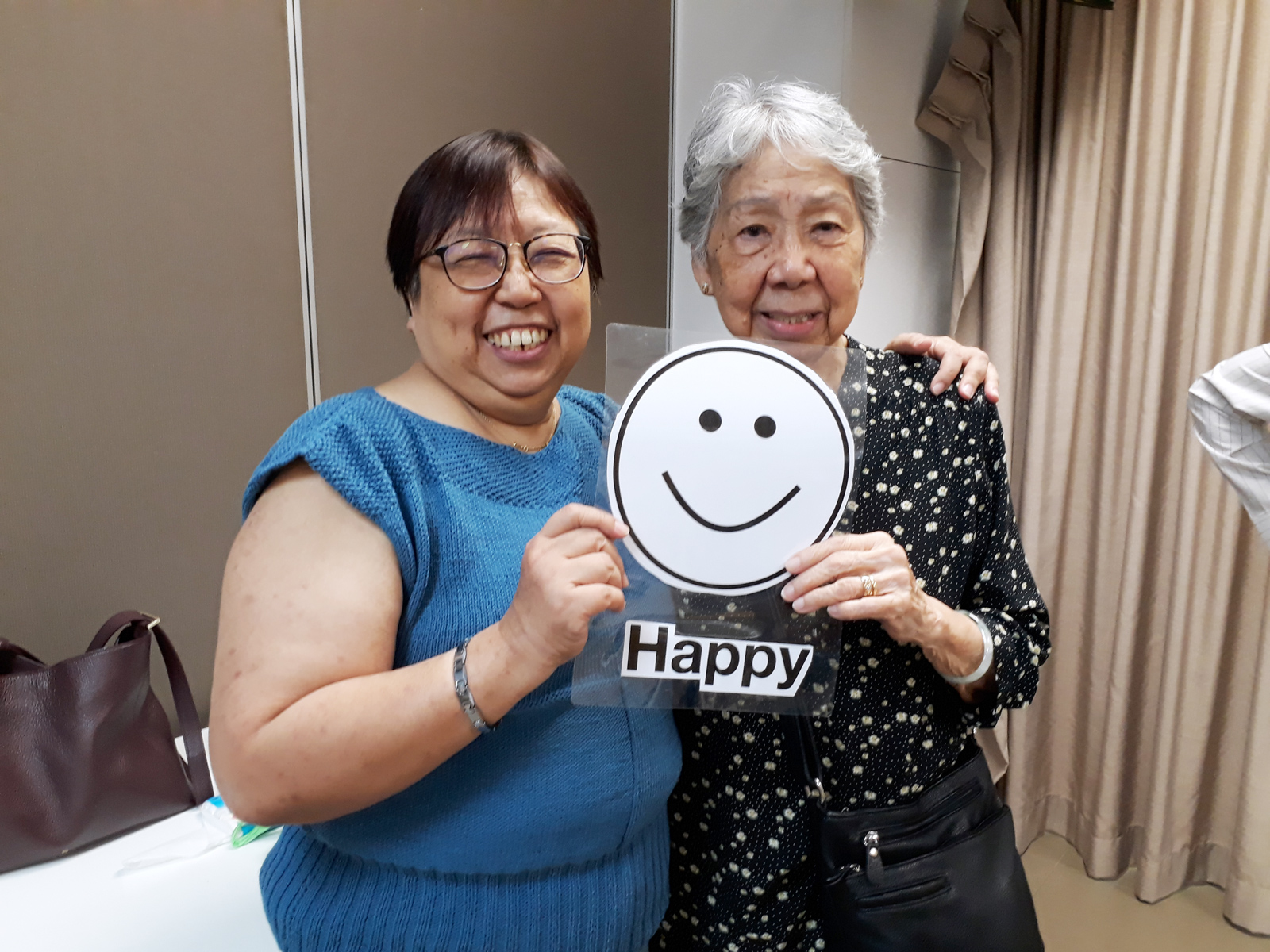Webinars are part of ADA’s expanding digital toolkit to grow its outreach and support to the dementia community. As the COVID-19 impact deepened, ADA saw the need to launch new digital platforms to offer support and guidance to family caregivers in the midst of an unprecedented challenge in caring for their loved ones with dementia at home.
Without access to their usual dementia programmes, services and support, many caregivers had to take on a broader scope of duties and longer caregiving hours.
To meet these new needs, ADA launched its first monthly webinar series titled Caregiver Essentials, in July 2020. The three-part series was designed to explore the new norms in dementia care and to equip caregivers with innovative ideas to better support, engage and empower persons living with dementia in the home.
ADA’s Academy team invited a panel of knowledgeable speakers, ranging from healthcare professionals and social workers to caregivers, persons living with dementia and community partners, to share their caregiving insights and tips.
“Although COVID-19 has disrupted our operations, it also provided the perfect opportunity for ADA to speed up its digital plans. The webinar series is certainly progress in ADA’s digital journey,” explained Ms Koh Hwan Jing, Head of Academy at ADA.

The first webinar session was held on 25 July 2020 and tackled the pertinent topic, “The New Norm in Caring for Persons with Dementia”. It was well-received and drew over 200 participants; it also garnered over 2,200 audience views on Facebook Live.
The participants tuned in to the hour-long webinar, which featured our two passionate panelists—healthcare professional Dr Chen Shiling, and family caregiver Ms Belinda Seet.
Dr Chen commented that the webinar experience was “refreshing and interesting”, adding that it “removed barriers such as travelling time and allowed participants to be in the comfort of their chosen location”.
“I think COVID-19 has challenged many of us personally and professionally, and has brought about both immense difficulties and possibilities. Services and care delivery have had to change, and webinars and other virtual platforms are definitely helping to bridge the service gap brought about by reduced face-to-face interactions,” added Dr Chen.
Ms Seet, who is a caregiver to her mother with dementia, shared that the webinar gave her the opportunity to learn to express herself on a new platform.
While it was initially “quite unnerving to speak on a platform” where she could not see the participants, it meant having to express herself in a more “animated and enthusiastic” manner to reach the audience.
The series’ second session was held on 22 August, with the session titled “Keeping Loved Ones Safe and Engaged At Home”; while the third and final session will be held on 19 September, titled “Let’s Talk: Empowering and Enabling Persons with Dementia”.
Looking ahead, ADA hopes to continue organising such webinars, which have been effective in reaching out and engaging family caregivers with useful information to cope with the stress of caregiving during the pandemic.
“Like many organisations, ADA is going through a digital transformation to harness technology for maximum impact. By increasing our touch points with technology, ADA will be able to amplify its reach to persons with dementia, caregivers, and community partners to connect with ADA,” said Ms Koh.
For ADA’s latest advisories on COVID-19, please visit dementia.org.sg/advisory/covid. You may also refer to our list of COVID-19 care tips and suggestions at dementia.org.sg/covid19.



